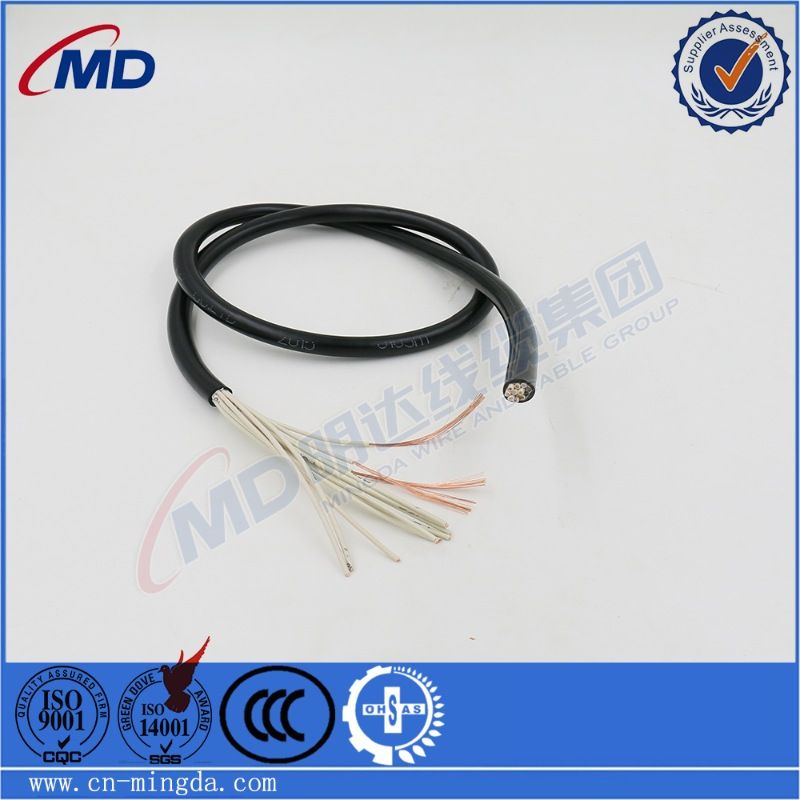Nov . 18, 2024 19:24 Back to list
threaded ball valve
Understanding Threaded Ball Valves An Essential Component in Fluid Control
In the realm of industrial applications and fluid control systems, threaded ball valves play a crucial role. These devices, characterized by their rotating spherical ball mechanism that controls the flow of liquid or gas, are often favored for their reliability and ease of use. This article delves into the features, advantages, applications, and maintenance of threaded ball valves, highlighting their importance in various industries.
What is a Threaded Ball Valve?
A threaded ball valve is a type of quarter-turn valve that uses a hollow, perforated, and pivoting ball to regulate media flow. The valve is called threaded because the connections on either side of the valve body are threaded, allowing for easy attachment to pipes or fittings. When the ball's bore aligns with the flow path, the valve is open; when it is perpendicular, the valve is closed. This straightforward design ensures quick and efficient operation, often requiring only a quarter-turn to change the valve's state.
Key Features
1. Materials Threaded ball valves are available in various materials, including brass, stainless steel, and PVC, providing options for different environments and media types. The choice of material impacts the valve's resistance to corrosion, temperature variability, and pressure.
2. Sizes and Pressure Ratings These valves come in numerous sizes and pressure ratings, making them adaptable for a wide range of applications. Industries can select valves based on specific requirements, ensuring optimal performance in diverse conditions.
3. Sealing Mechanism The sealing is typically achieved using soft seats made from rubber or PTFE (polytetrafluoroethylene), ensuring a tight seal when closed. This feature minimizes leaks and enhances the valve's efficiency.
4. Ease of Installation The threaded design simplifies installation. Plumbers and engineers appreciate the reduced time and labor costs associated with fastening these valves to piping systems.
Advantages of Threaded Ball Valves
1. Durability Threaded ball valves are robust and can withstand harsh conditions, making them suitable for a variety of applications, from water supply to chemical processing.
threaded ball valve

2. Flow Control They provide excellent flow control, allowing users to efficiently manage the flow of fluids—be it liquid or gas—without significant pressure drops.
3. Low Torque Operation The design allows for low torque operation, meaning less effort is required to operate the valve, which is particularly beneficial in automated systems.
4. Versatility The ability to use different materials for different applications expands the versatility of threaded ball valves, allowing them to fit into numerous industrial scenarios.
Common Applications
Threaded ball valves are widely used across many sectors, including
- Water Treatment Facilities They regulate water flow and ensure proper management of the treatment processes. - Oil and Gas Industry Their durability and reliability make them ideal for controlling oil and gas flow. - HVAC Systems These valves are commonly employed to manage heating and cooling systems effectively. - Chemical Processing The ability to handle aggressive chemicals without degradation makes threaded ball valves suitable for these applications.
Maintenance and Best Practices
To ensure the longevity and efficient operation of threaded ball valves, regular maintenance is essential. This includes visual inspections for leaks, ensuring that the valve is not corroding, and checking the operating mechanism for any signs of wear. Additionally, it's advised to apply lubricants to the stem and adjust seals as needed to maintain optimal function.
Conclusion
Threaded ball valves are indispensable components in fluid management systems, providing reliable, durable, and easy-to-install solutions for various industries. Understanding their features, advantages, applications, and maintenance best practices can help end users make informed choices, ensuring efficiency and safety in their operations. As industries continue to evolve, the threaded ball valve will remain a key player in fluid control technology.
Share
-
Reliable Wafer Type Butterfly Valves for Every IndustryNewsJul.25,2025
-
Reliable Flow Control Begins with the Right Ball Check ValveNewsJul.25,2025
-
Precision Flow Control Starts with Quality ValvesNewsJul.25,2025
-
Industrial Flow Control ReliabilityNewsJul.25,2025
-
Engineered for Efficiency Gate Valves That Power Industrial PerformanceNewsJul.25,2025
-
Empowering Infrastructure Through Quality ManufacturingNewsJul.25,2025